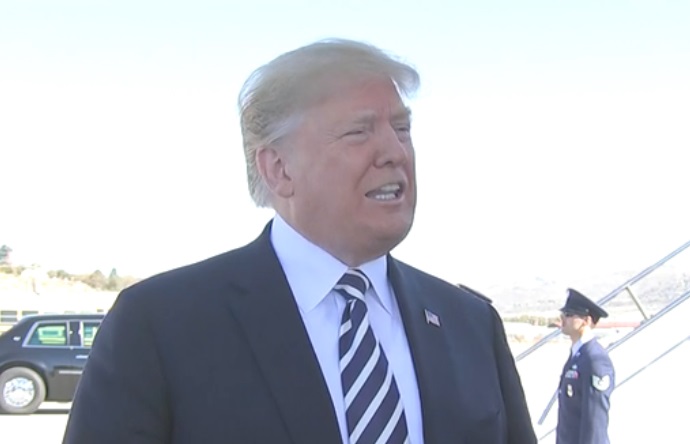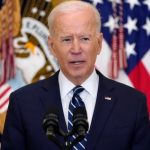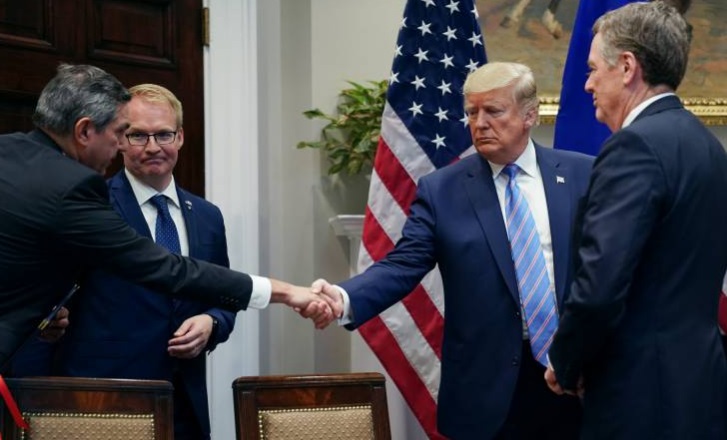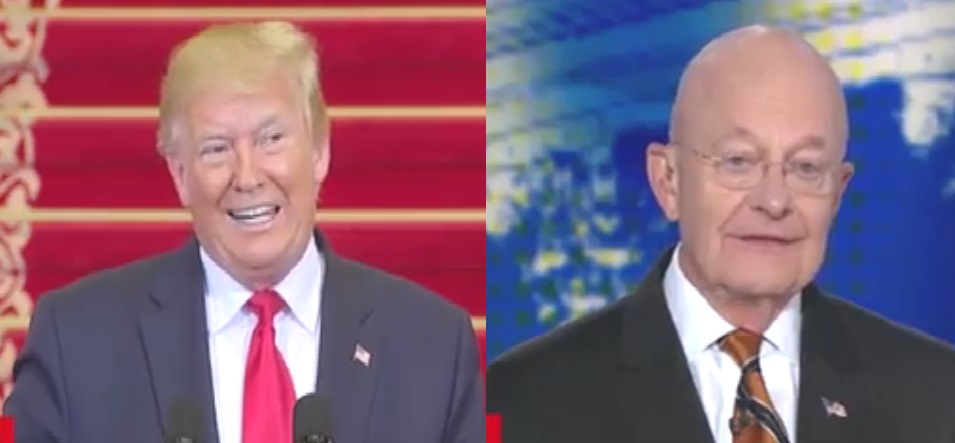- October 21, 2018
- No Comment
- 156
Trump disclosed what little trust was left between the U.S and Russia

The U.S has announced its intention to rescind unilaterally one of the landmark treaties that helped end the Cold War. The 1987 agreement with Russia, as the then Soviet Union, ended the deployment of medium to long-range nuclear missiles by Nato and the Warsaw Pact in Europe. Signed by Ronald Reagan and Mikhail Gorbachev, the treaty was symbolic as well as practical: soon the ideological war between east and west would also end, with the fall of the Berlin Wall, the collapse of communism and the abolition of the USSR. It was an epoch-making accord.
“Trust but verify” was the approach taken by the Americans at the time, especially by the former U.S President Reagan. It appealed to cautious defense hawks in Congress back home. It was necessary because for four decades neither side believed a word the other side said, and with good reason. We seem to be back there again. The issue with the INF treaty today is that there is so little trust left, and seemingly little-agreed verification of either side’s activities. The U.S President claimed that it may be true that the Russians have been cheating, developing new nuclear missiles covertly.
However, the correct response should have surely been to call that out, to push for proper international inspections and to engage in a more gradual escalation of threats. For what it is worth, the British should be restraining America, rather than standing “resolute” as defense secretary Gavin Williamson said. After all, the Soviet Union essentially lost the Cold War and threw in the towel by signing weapons treaties simply because it couldn’t keep up with the US defense budget. The attempt to do so merely impoverished Russia’s citizens. The already inefficient Soviet economy was pushed to the brink of collapse as huge sums were spent on weapons and ever less on the welfare of the people.








